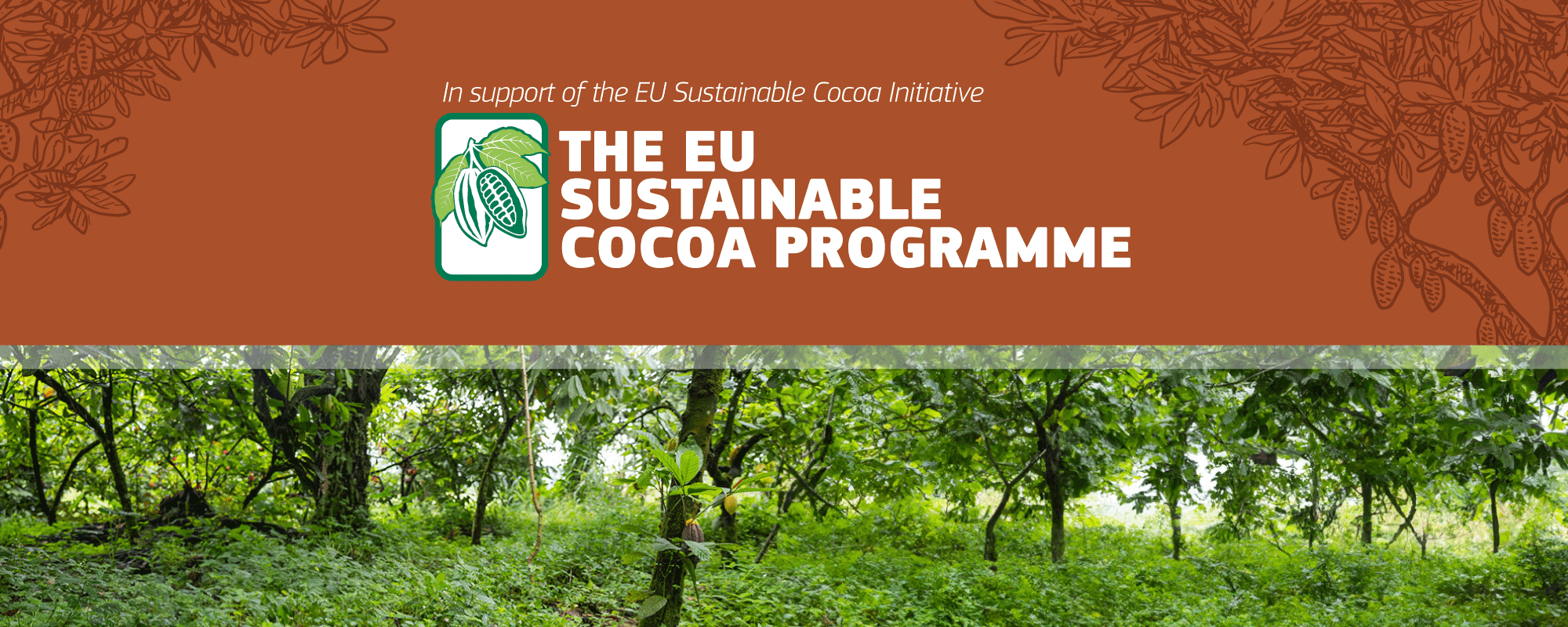Navigating Sustainability: Cameroon's Cocoa Agroforestry in the Face of EU Regulations

Cameroon, the third largest cocoa producing country in Africa and the fifth in the world, has a long tradition of growing cocoa in complex agroforestry systems, in which cocoa plants grow in the shade of other trees to provide the needed balance of light and humidity. They make cocoa production more sustainable and resilient against the impacts of climate change and help diversify smallholders’ income, in addition to contributing to carbon sequestration and biodiversity conservation.
The European Union's regulation on deforestation (EUDR), adopted in June 2023 to ensure that the products consumed by European citizens do not contribute to deforestation or forest degradation worldwide, is set to affect cocoa and coffee production systems among others, as it comes into force in December 2024.
To explore how the environmental and socioeconomic benefits of smallholder cocoa agroforestry systems can be better recognised and supported, Cameroon’s Cocoa and Coffee Interprofessional Council (CICC), the FAO Investment Centre and the French agricultural research and international cooperation Centre (CIRAD), organized as part of the Sustainable Cocoa Partnership funded by the European Union, a two-day workshop in Brussels on 18-19 April on the theme of Agroforestry systems in Cameroon and around the world: what definitions and ambitions for sustainable cocoa?
"Agroforestry is the only imaginable solution in Cameroon, where there is still an important forest cover," said Regis Méritan, Head of Sector Agricultural Growth DG INTPA, European Commission, "but we need to identify which system best answers the sustainability conditions. The aim is to find a balance between the protection of forest and the livelihood of farmers who diversify income with other forest products."
The workshop brought together a variety of key actors from the cocoa value chain, including cocoa farmers, chocolate producers, officials from governments, the European Commission and other international organizations, as well as researchers and non-governmental organizations.
"Smallholder cocoa producers are extremely concerned that they will not be able to comply with the new rules and will be unable to sell their cocoa” said Omer Maledy, Executive Secretary of Cameroon’s Cocoa and Coffee Interprofessional Council (CICC).
Guillaume Lescuyer, senior socio-economist at CIRAD, argued that complex Cameroonian agroforestry systems, with their multiple environmental and social benefits, required a more precise definition if they were to be considered in the coming evolutions of the national and international sustainability standards, and of the EUDR.
James Tefft and Simon Rietbergen of the FAO Investment Centre stressed the importance of building smallholder farmer capacity to comply with the new standards, and of developing cutting-edge, cost-effective technical tools to distinguish between intact forests and complex agroforestry systems – thus avoiding the imposition of high due diligence costs on poor producers.
Agroforestry cocoa production systems are at the core of the Sustainable Cocoa Initiative (SCI) launched by the European Commission (EC) in partnership with the FAO Investment Centre, the European Forest Institute (EFI), the German Technical Cooperation Agency (GIZ) and the EC’s Joint Research Centre (JRC).
